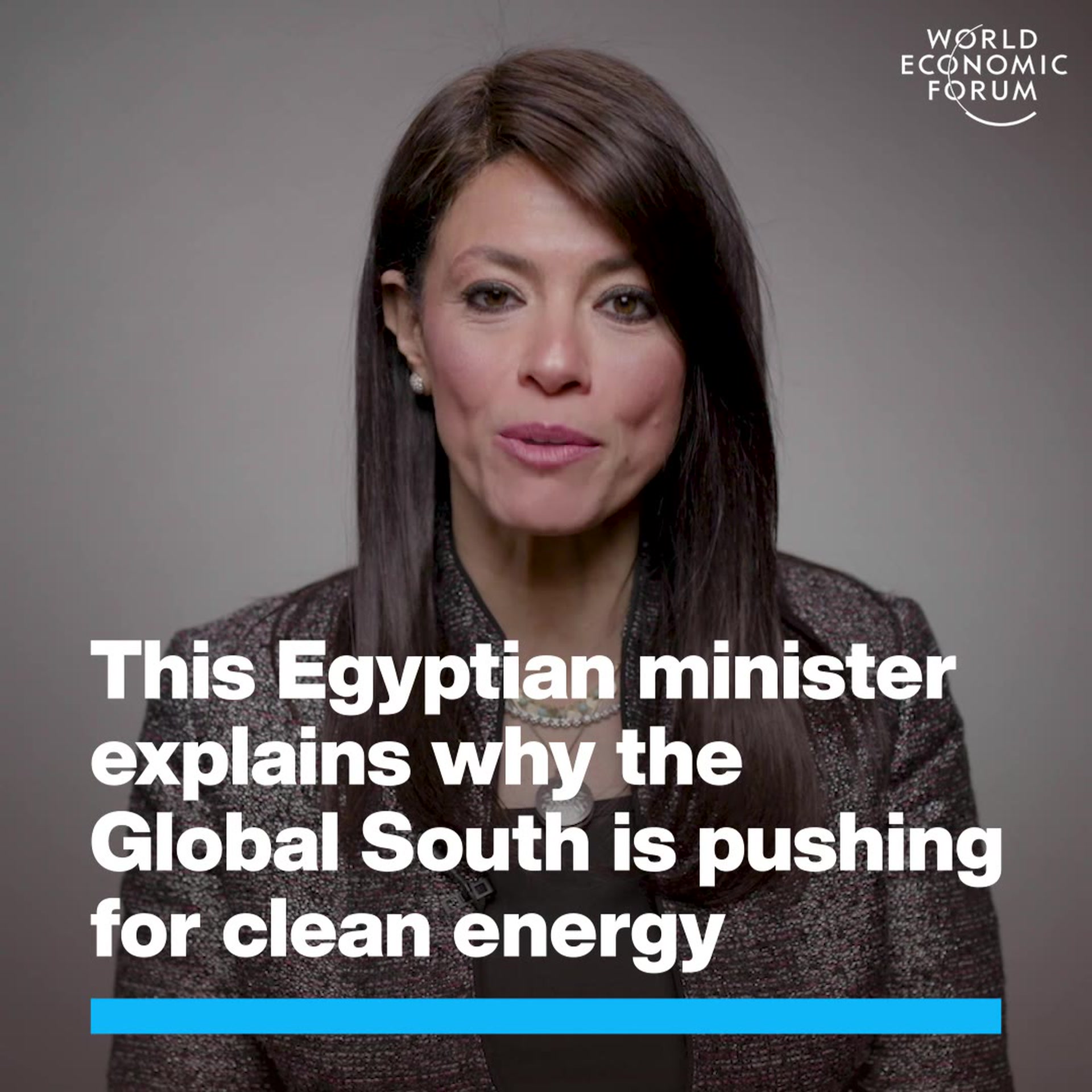Climate action: 5 positive stories that inspire change

Wind and solar produced more energy in the EU during May than all fossil fuels combined. Image: Unsplash/Nuno Marques

Get involved with our crowdsourced digital platform to deliver impact at scale
Stay up to date:
Future of the Environment
Listen to the article
- The top four risks to the world in the next 10 years are all climate-related, according to the World Economic Forum’s Global Risks Report 2023.
- But there are reasons to be hopeful - from accelerating solar power usage to cleaner air commitments, technology and innovation are helping to build a more resilient world.
- This round-up brings you some of the latest positive climate action wins happening right now.
Unprecedented hot weather around the globe is currently hitting the headlines, alongside reports of other extreme weather events which are becoming more frequent. They present a stark reminder of a changing climate, which can only get more extreme "until we stop building up more greenhouse gases in the atmosphere."
Indeed, the top four risks to the world in the next 10 years are all deemed to be climate-related, according to the World Economic Forum’s Global Risks Report 2023.
We are witnessing an ever-shrinking window to stay below a 1.5°C world, and phrases like ‘eco-anxiety’ and ‘climate change apathy’ are becoming commonplace.
However, amid the uncertainty and distress, there are individuals, businesses and communities fighting to pave the way for a truly sustainable future.
From eco-innovation to resilient solutions, these five examples prove there’s reason for hope in the face of climate doom and gloom.
Rooftop solar is powering the clean energy transition
Global rooftop solar capacity grew by 49% in 2022.
Installed rooftop solar is projected to reach 159 gigawatts (GW) by the end of this year, according to SolarPower Europe.
The industry trade group says that “out of the over 300GW of new global renewable power generating capacity, solar alone installed more capacity than all other renewable technologies combined”.
Meanwhile, the European Union (EU) is on track for a “huge collapse” in fossil fuel power this year, according to the energy think tank Ember.
“Wind and solar produced more energy in the EU during May than all fossil fuels combined,” reports Euronews.
What's the World Economic Forum doing about the transition to clean energy?
Climate-resilient schools stand strong
High-magnitude earthquakes in February 2023 inflicted heavy damage in provinces across Turkey.
With reconstruction still underway, the recovery effort has found reason for hope… the recently constructed climate-resilient schools withstood the devastating impacts of the disaster.
Since 2017, Turkey’s partnership with the World Bank, the Global Facility for Disaster Reduction and Recovery (GFDRR) and the European Union (EU) has seen 57 schools built to be safer and more resilient to climate emergencies.
According to the World Bank, over 40,000 people in Turkey now have access to safer and more resilient schools as a result of the Ministry of National Education’s initiative.
Swiss citizens say yes to climate action
The Swiss electorate has voted in favour of a new climate law, which will see the country cut net greenhouse gas emissions to zero by 2050.
A majority of 59% of voters approved the government’s Climate Protection Targets, Innovation and Strengthening Energy Security Act.
The legislation aims to reduce greenhouse gas emissions by equipping all buildings with renewable heating systems, supporting businesses in their roadmaps to climate neutrality and shifting to renewable fuel sources.
Indonesia and Malaysia are rooting for their tropical forests
The tropics lost 10% more primary rainforest in 2022 than in 2021. While there is cause for concern that deforestation is accelerating in certain regions, there is still reason for hope.
The world’s two biggest palm oil-growing nations, Indonesia and Malaysia, have managed to keep rates of primary forest loss to near record-low levels, according to the World Resources Institute.

Indonesia has seen deforestation fall by 64%, and Malaysia has seen a 57% reduction between the periods 2015-2017 and 2020-2022.
Brazil's president has also revealed a plan to eliminate deforestation in the Amazon rainforest by 2030, using satellite imagery to help restore the "lungs of the planet".
How is the World Economic Forum fighting the climate crisis?
London's Ultra-Low Emission Zone is clearing the air
London’s ultra-low emission zone (ULEZ) is due to be expanded across the entire capital this summer, bringing cleaner air to 5 million more residents, according to the city’s mayor, Sadiq Khan.
From 29 August, drivers of older, polluting cars will have to pay £12.50 a day to use their vehicle across Greater London, reports the Guardian.
Khan has said the capital’s toxic air is both a public health and climate emergency, and that this legislation will work to drive the most polluting vehicles off the road.
Don't miss any update on this topic
Create a free account and access your personalized content collection with our latest publications and analyses.
License and Republishing
World Economic Forum articles may be republished in accordance with the Creative Commons Attribution-NonCommercial-NoDerivatives 4.0 International Public License, and in accordance with our Terms of Use.
The views expressed in this article are those of the author alone and not the World Economic Forum.
Related topics:
The Agenda Weekly
A weekly update of the most important issues driving the global agenda
You can unsubscribe at any time using the link in our emails. For more details, review our privacy policy.
More on Climate ActionSee all
Angeli Mehta
May 8, 2024
Sha Song
May 8, 2024
Simon Torkington
May 8, 2024
Neeshad Shafi
May 1, 2024
Johnny Wood
May 1, 2024








